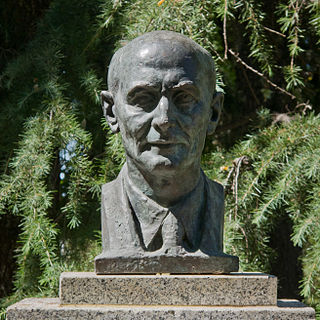A Quote by Matthew Arnold
Culture being a pursuit of our total perfection by means of getting to know, on all the matters which most concern us, the best which has been thought and said in the world.
Related Quotes
The Greek word euphuia, a finely tempered nature, gives exactly the notion of perfection as culture brings us to perceive it; a harmonious perfection, a perfection in which the characters of beauty and intelligence are both present, which unites "the two noblest of things" - as Swift most happily calls them in his Battle of the Books, "the two noblest of things, sweetness and light."
What is the purpose for which Masonry exists? Its ultimate purpose is the perfection of humanity. Mankind it self is still in a period of youth. We are only now beginning to acquire a consciousness of the social aim of civilization, which is man's perfection. Such perfection can never end with physical perfection, which is only the means to the end or spiritual perfection.
I speak a lot about what I call "the trance of unworthiness" which is really epidemic in our culture, this sense of "I'm not enough," or "something's wrong with me." Most of us have some level of it because our culture has all these standards (handed down through our families) of what it means to be okay.
The world that we live in is full of distractions and pleasures that pull us away from a spiritual life. Even our jobs which are a very necessary and important part of our lives can end up being the altar at which we pray. They consume most of our waking hours and provide the income on which we are dependent in order to take care of our families.
There is a tonic strength, in the hour of sorrow and affliction, in escaping from the world and society and getting back to the simple duties and interests we have slighted and forgotten. Our world grows smaller, but it grows dearer and greater. Simple things have a new charm for us, and we suddenly realize that we have been renouncing all that is greatest and best, in our pursuit of some phantom.
I wish to reiterate all the reasons which [my predecessor] has presented in favor of the policy of maintaining a strong navy as the best conservator of our peace with other nations and the best means of securing respect for the assertion of our rights of the defense of our interests, and the exercise of our influence in international matters.
What we men share is the experience of having been raised by women in a culture that stopped our fathers from being close enough to teach us how to be men, in a world in which men were discouraged from talking about our masculinity and questioning its roots and its mystique, in a world that glorified masculinity and gave us impossibly unachievable myths of masculine heroics, but no domestic models to teach us how to do it.





































